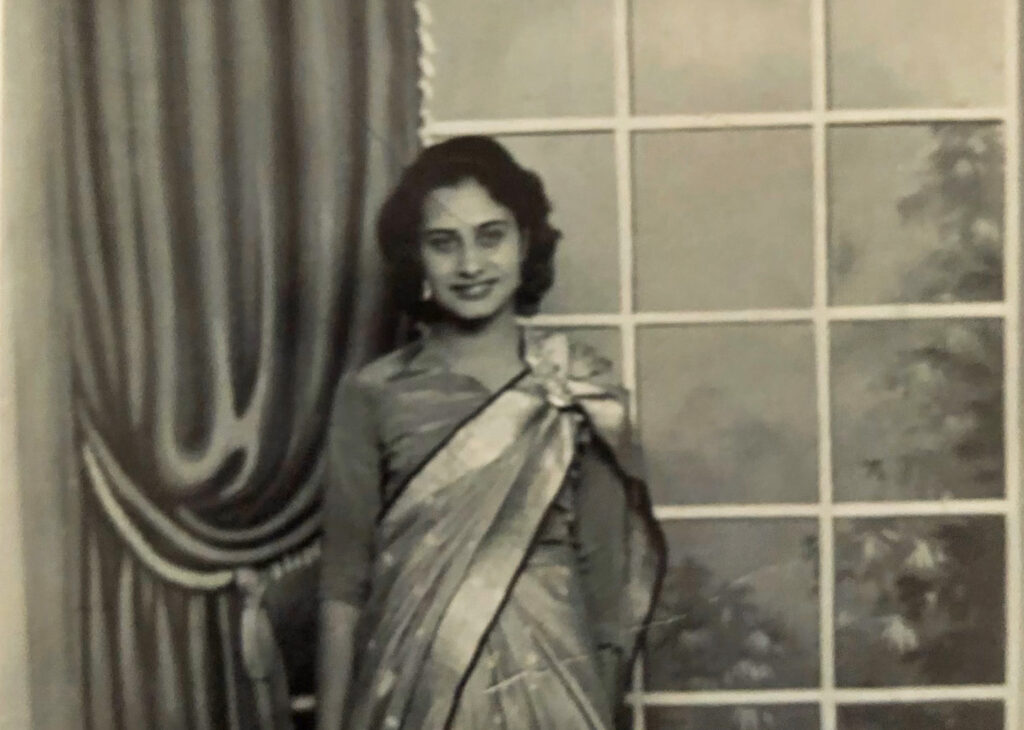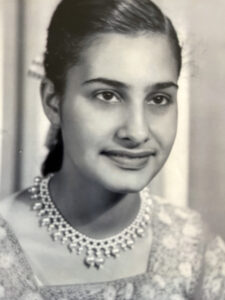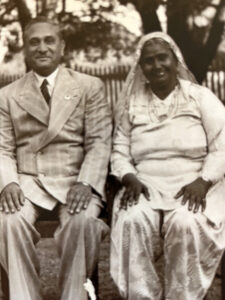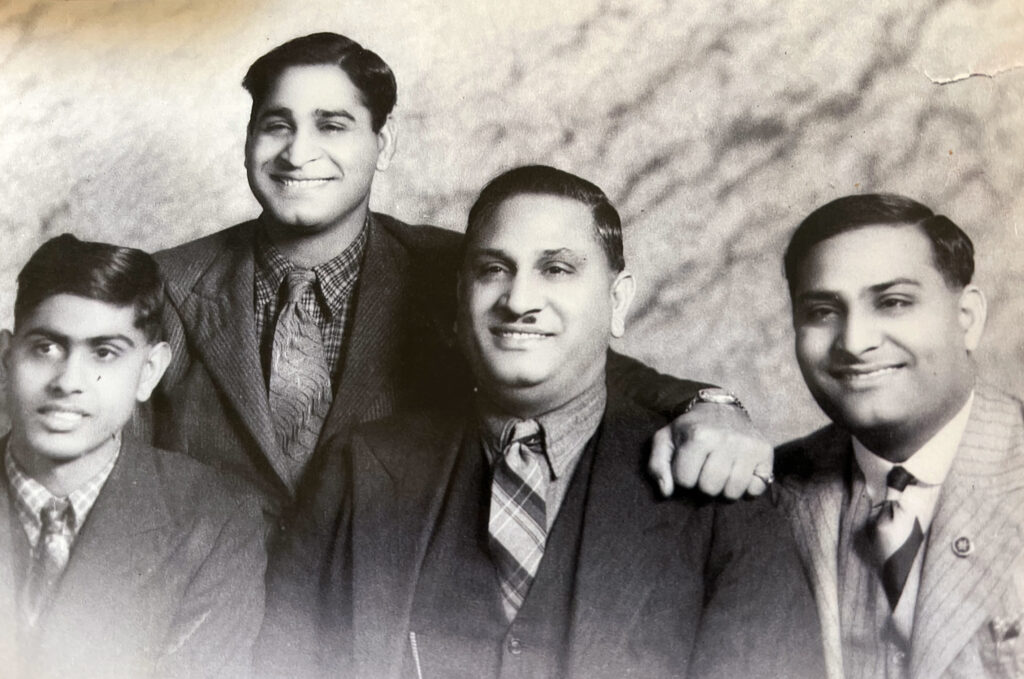Janeth Deen
A prominent member of Queensland's Muslim community, Janeth Deen is one of the key individuals at Holland Park Mosque, and a founder of the Queensland Muslim Historical Society. She is the first woman to serve as a member of the Queensland Islamic Council.
By Ryan Williams
This is a 3 minute read and 28 minute video, published June 2024.
Janeth was born in the Northern Territory in the early 1940s, before moving to Brisbane with her parents and siblings. The Deens ran several prominent businesses in Brisbane, including a number of popular and successful cafés, and were active in the Muslim community, especially at the Holland Park Mosque. After raising her own family, Janeth devoted more time to exploring her Muslim faith, and in the process helped establish a number of charities, societies, and boards.
In this interview, Janeth discusses many aspects of her life, including her family relationships, educational experiences, working life, and a range of community activities.
Oral history interview: Janeth Deen
The Deens in Queensland
Janeth Deen is a fourth generation Queenslander whose great grandfather migrated to Australia from India in 1898 to work as a hawker, followed in 1922 by his son (Janeth’s grandfather), and in 1936 by Janeth’s father. Janeth was the first generation of Deens born in Australia. In India, her grandfather had been a gem collector and landowner. He came to Australia to start a new life. Like other migrants at the time, he was subject to the White Australia Policy, which required that he leave his family behind while he journeyed to Australia. Arriving in the Northern Territory, he faced many challenges, including not knowing English, which he subsequently learned.
Janeth’s story highlights the richness and diversity of religious life in Queensland. Islam is currently the third largest non-Christian religious group in QLD. Muslims in South East Queensland are diverse, reflecting a long and rich history of immigration. The Deens are one of a number of prominent families that have had a long historical legacy in South East Queensland over five and six generations. Janeth speaks not as a representative of Muslims in Queensland as a homogenous community, but as an individual who shares in a tradition called Islam and a place called Queensland.
Janeth tells a story that highlights the tangible impact she has made locally for Queenslanders. Invigorated by her participation in the hajj, the pilgrimage to Mecca — one of the Five Pillars of Islam and said to be incumbent upon able Muslims to participate in once in their lifetime — Janeth became dedicated to improving the lives of others in Queensland through charity, or zakat, another of the Five Pillars of Islam. She opened a charity shop in 2008, and in 2009 joined the Muslim Charitable Foundation as the only female board member. The Quran and Hadith emphasize the importance of giving charity to the needy, and today it is seen as a responsibility for individual Muslims.
As a Queenslander, a mother and grandmother, a Muslim, an avid charity worker, and a historian dedicated to the preservation of the memory of Islam in Queensland, Janeth has contributed in multiple ways to the welfare, well-being, and diversity of Queensland’s civil society.
Related articles





